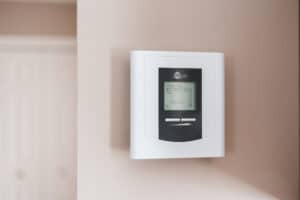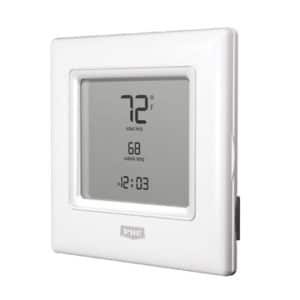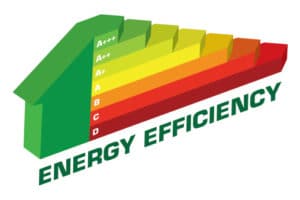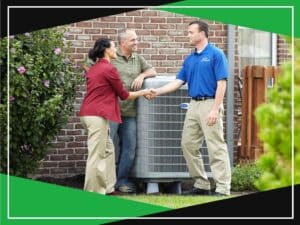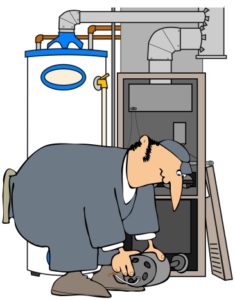
Three things to do before you replace your furnace
If you are noticing that your furnace is not performing as well as you may want it to, it is important for you to invest in a new one as soon as possible. Purchasing a furnace replacement will ensure that you are prepared for the colder season, without having to worry about putting the task off too late. A good furnace should always be purchased with a few considerations in mind in order to make the most of furnace efficiency. To begin the purchasing process, look into your heating capacity and think about what type of furnace will best suit your needs. This involves performing a check of your house in order to take a few things into consideration, such as the size of your home, the occupants, and the placement of the windows. HVAC professionals can help make this process simpler and more effective. Investing according to fuel efficiency can be another good way to make the most of your furnace’s functions. All furnaces come with a fuel efficiency rating that you can use as a measurement system to determine which ones will be right for you. Usually, the closer that the number is to 100%, the better its


